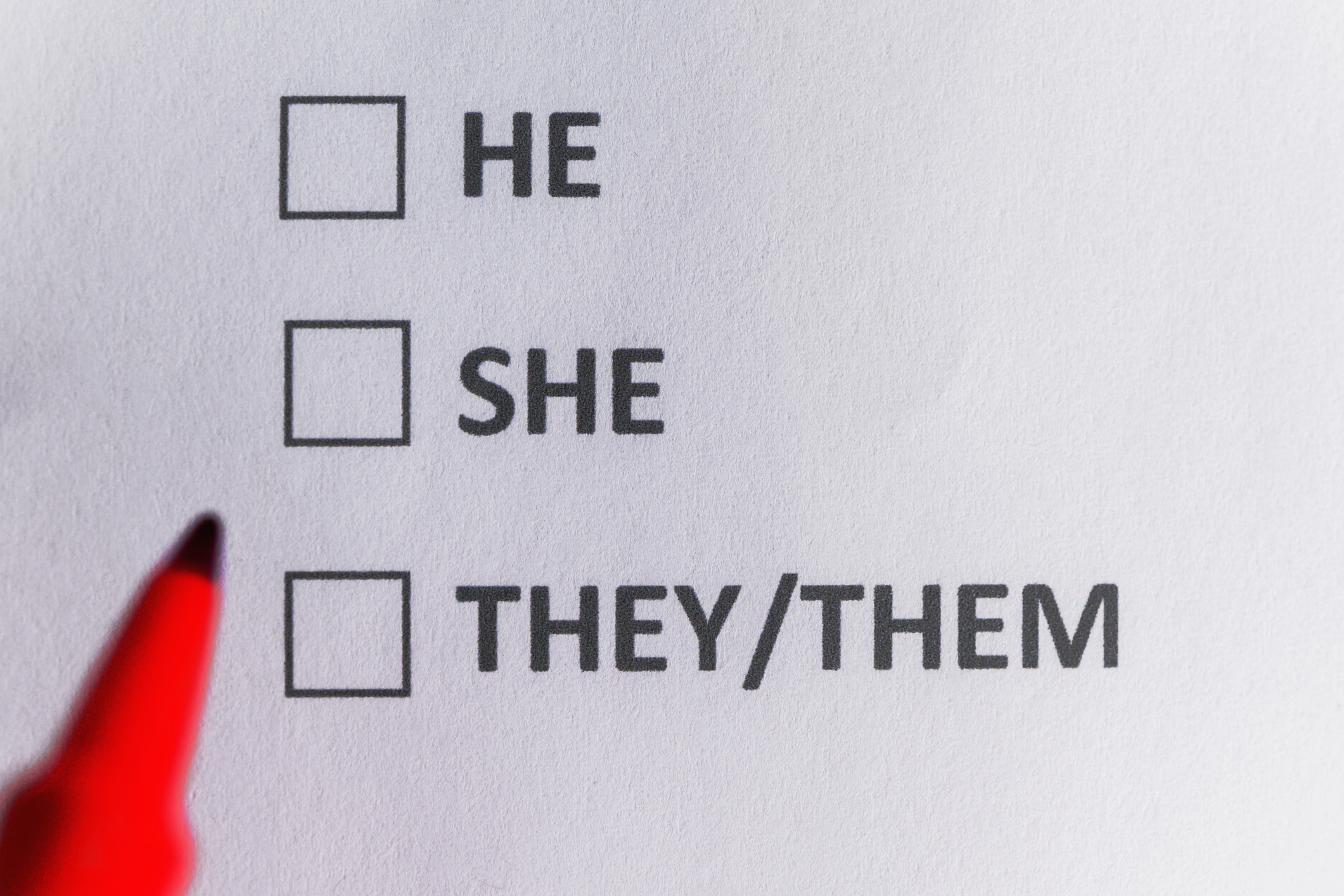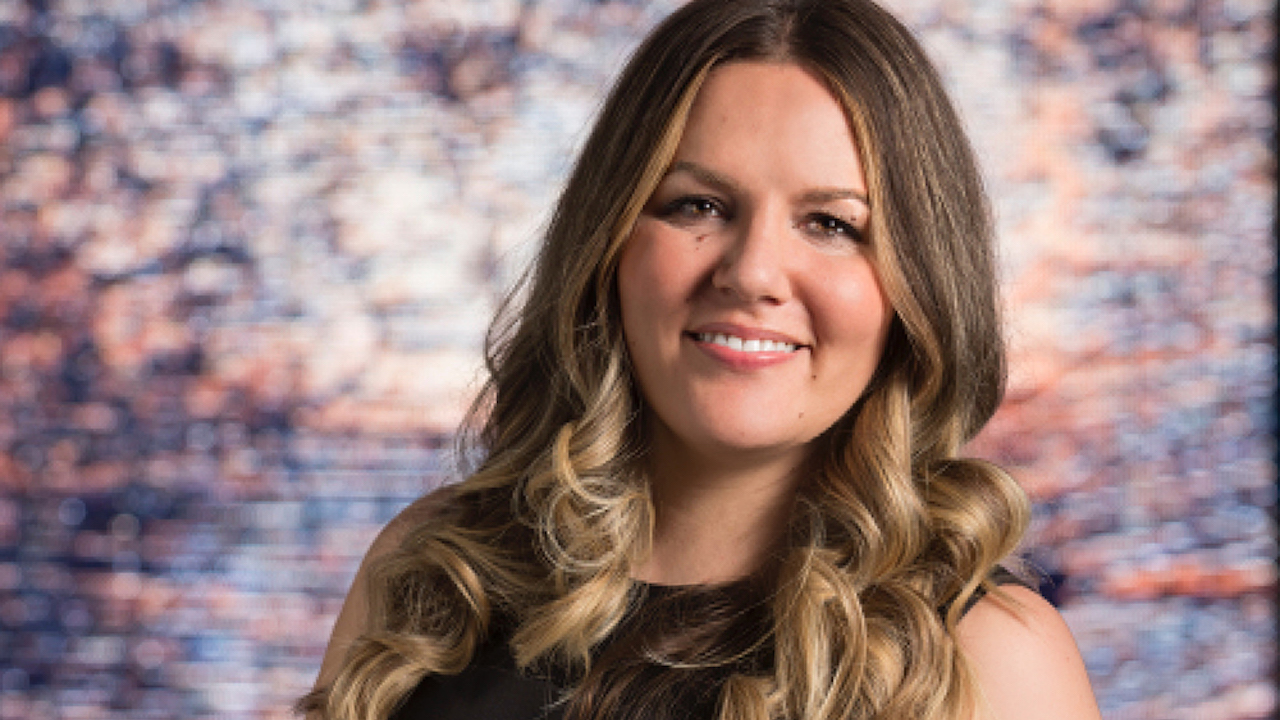To take a line from my dear friend Tim Albright, .my name is not Joe, it is not short for Josephine, and no, my dad was not eager for boy when I was born. My name is Joé (pronounced Joey) and my pronouns are she/her. I tell you this because when I think about engagement with my co-workers, business partners, or truly anyone I interact with on any given day, it’s always more respectful and leads to better outcomes when I refer to them by their preferred name.
AVIXA recently asked members of our community Why am I an ally for pronouns? And the responses were nothing short of amazing. Take a moment to watch the video and take the extra moment to respect those around you.
For those who fall outside of traditional gender norms, the feeling is much the same, and it all comes back to respect. Respect for ourselves, respect for those around us and respect for the choices that each and everyone us make for the person we put forward in business. According to Steven Huang, head of diversity and inclusion at Culture Amp, “For most, their singular and visible gender identity is a privilege. Not everybody has this privilege; those that are referred to with the wrong pronoun can feel disrespected, invalidated, and alienated.”
[AVIXA’s Diversity, Equity, and Inclusion Initiative Takes Flight]
If you recognize your privilege, you recognize there are doors you have never had to open and doors you have never seen; you also have an understanding of those who have had to knock the loudest. So, asking, knowing, and using someone’s gender pronouns is a positive way to support and respect those around you or those you work with. And it takes nothing more than the time to ask the question and listen for an answer.
Culture Amp suggests a few ways to ask someone what their gender pronoun is:
As part of an introduction or icebreaker at work, you can say “Tell us your name, your role, and if you’re comfortable, your gender pronoun.” You might hear gender-neutral pronouns like “they, them, theirs” —or some people prefer that you simply use their name. In a one-on-one conversation, the best way to ask is with a straightforward: “What are your gender pronouns?” or “Can you remind me of which pronouns you like for yourself?”
And for those of us with visible gender identities, we can be allies by normalizing the use of gender pronouns in our business signatures, social media profiles and group or 1-1 introductions.
If you want to be part of the conversation for creating a culture of belonging, you can sign the AV Industry Pledge for an Equitable Future or connect with us at socialjustice@avixa.org.

